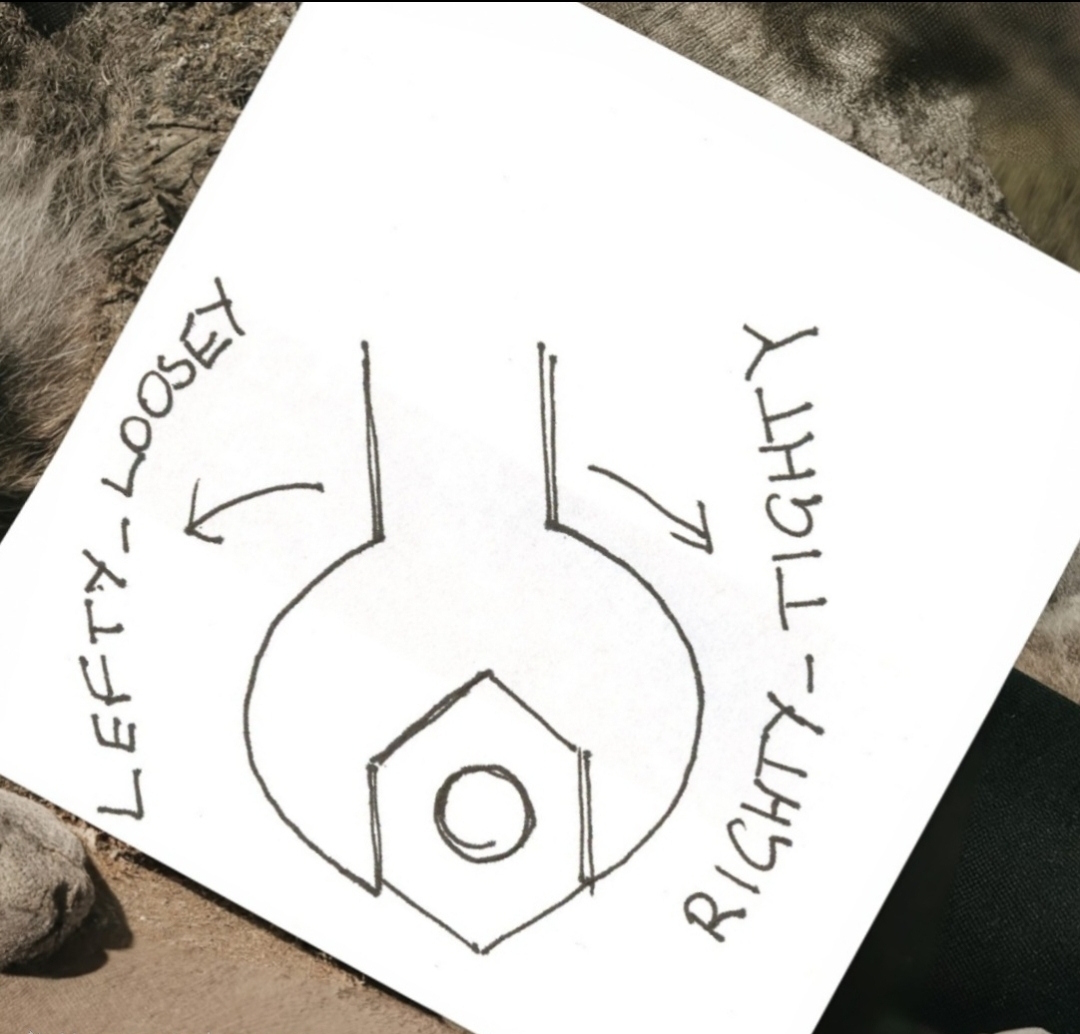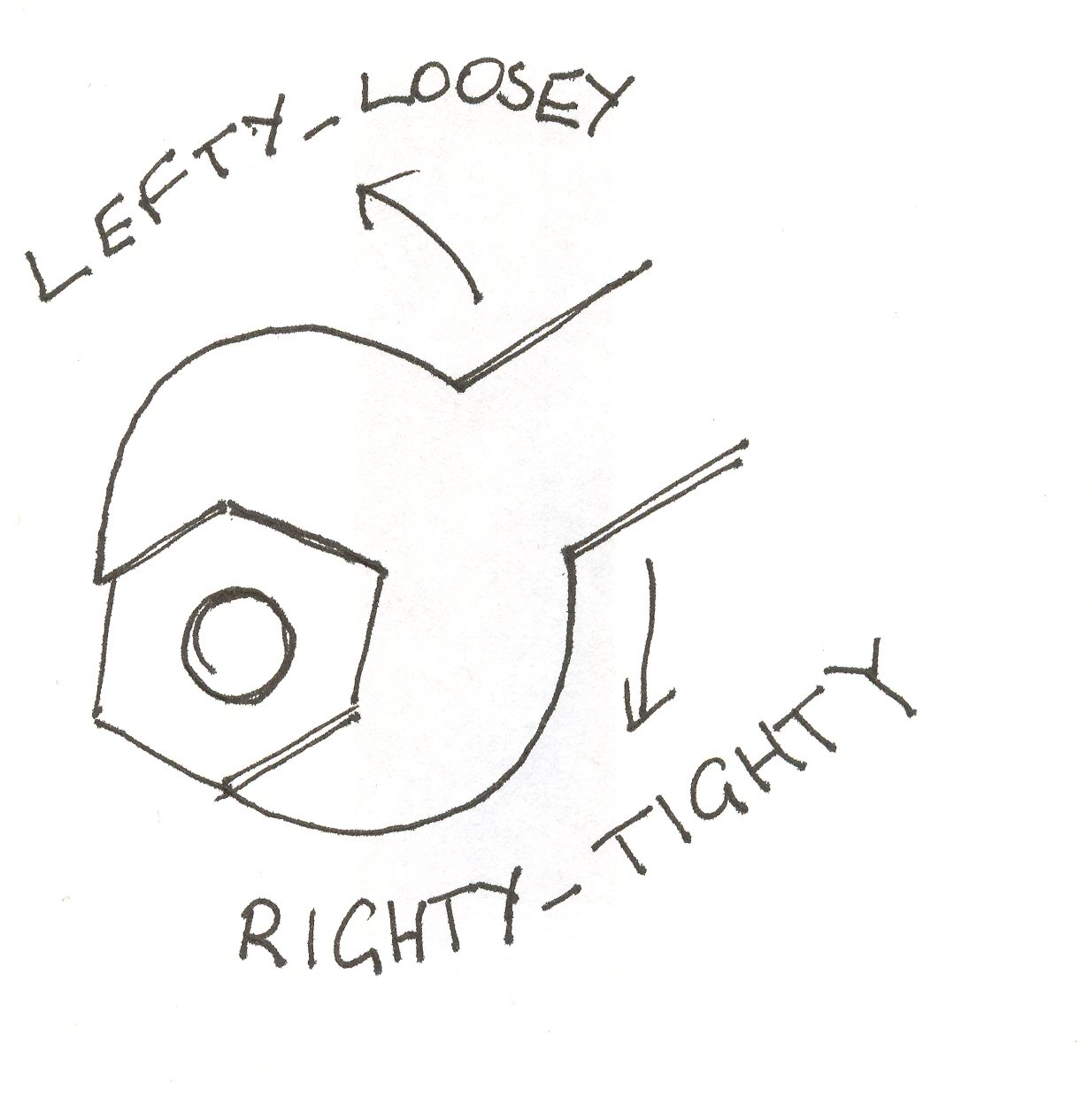The Spanish version is my favourite: la derecha oprime y la izquierda libera (the right oppresses and the left liberates)
Asklemmy
A loosely moderated place to ask open-ended questions
If your post meets the following criteria, it's welcome here!
- Open-ended question
- Not offensive: at this point, we do not have the bandwidth to moderate overtly political discussions. Assume best intent and be excellent to each other.
- Not regarding using or support for Lemmy: context, see the list of support communities and tools for finding communities below
- Not ad nauseam inducing: please make sure it is a question that would be new to most members
- An actual topic of discussion
Looking for support?
Looking for a community?
- Lemmyverse: community search
- sub.rehab: maps old subreddits to fediverse options, marks official as such
- !lemmy411@lemmy.ca: a community for finding communities
~Icon~ ~by~ ~@Double_A@discuss.tchncs.de~
Oh wow that one is really good :D
BASED
I'm using this in every language I speak from now on!
I had never heard that before. Is that a region or country-specific thing?
Holy shit, fucking hell, now this is some goddamn wordplay!
I’m stealing this like the fucking British Museum.
"La derecha oprime y la izquierda libera" The right oppresses, the left liberates
La derecha oprime y la izquierda libera
I just knew that would be Spanish, without being able to speak more than a few words. It works far better than our effort and is both a sardonic and satirical political comment.
Well played Spanish if that really is the equivalent in common usage. Our effort sounds like it was invented by a young child whilst responding to a BBC quiz.
In austrian german dialect, "Mit da Ua, draht ma zua." which in standard german would be "Mit der Uhr, dreht man zu." and in english "With the clock, turn it closed." or something like that.
I never really got that one, because "left" vs "right" only works when you are looking at the top of the screw. At the bottom, left tightens, and right loosens. So the one I remember is "clockwise to close".
Edit: the image on the post is actually a good example. If I'm off the screen to the right holding the spanner, then from my perspective, "left" would tighten.
I've always thought this too. I understand clockwise/anticlockwise and the direction being defined from the top - but it's a circle - no matter which way you turn, it spends 50% of the time going either direction. The phrase works with screwdrivers (especially ratcheting ones), but not so much spanners or Hex Keys IMO.
In Dutch we have DROL, Dicht recht, open links. So close right, open left as a very strict translation. But DROL is also Dutch for turd.
Not for screwing/unscrewing but in France we have a satire mnemonic for remembering right and left:
The right hand is the one with the thumb pointing left.
Works only if you look at the back of your hands, and obviously not useful. We use it mainly to mock someone who mix right and left
In English we’ll say, “Your other <right/left>”, depending on which direction the person is messing up.
I think that one is universal
I'm Norwegian. I never learned a rule in my language and always just went by instinct. Until ~3rd year of university in physics where someone told me tha the right-hand-rule applies to screws. Now I use that everywhere for screws in strange positions.
Well, this was a life-changing comment.
You know this has always confused the fuck out of me. You are going around a circle, how is there left and right? There is up-and-left, down-and-left, either way is left. If I am starting on the right of the circle (assuming I'm looking at it) which way is right? Up or down?
Imagine it like a car steering wheel.
You'd say turning the wheel to the right turns the car right.

Think of it like this. Like your hand is holding on the top of the steering wheel.
The German version as actually survived its original time frame: "So lang das Deutsche Reich besteht, wird Schraube fest nach rechts gedreht" - "As long as the German Reich exists, a screw is tightened by turning right"
yeah, this one is only for inside voice. I won't be teaching it to anyone anymore.
I'm German, and I've never heard that before. I'd be seriously weirded out by someone saying that or teaching it to their kids
I have to admit that this is rather old. So old, in fact, that it does not refer to the Third Reich but the Kaiserreich.
Solang das Deutsche Reich besteht, wird die Schraube rechts gedreht.
That's a lot of extra words for lefty loosey, righty tighty.
And how are we supposed to turn screws nowadays?
Your screwdriver subscription has expired.
Please renew your subscription today!
This phrase has never made any sense to me. It’s a circle. If one side is moving right, then the opposite side is moving left. So the phrase only makes sense if you specify which side we are talking about, which nobody ever does. Therefore it’s completely illogical to me while everyone else just gets it. Side note: Autism can be a real bitch sometimes.
Edit:
- Some people don’t understand how I can see a problem. That’s cool, but don’t be a dick. We all look at the world through different lenses.
- This is when I was a kid “helping” my grandfather in the garage. I’m older now and understand that “righty tighty” references the top of the rotation.
- Some people rotate their perspective 90° and imagine themselves standing on the screw. Therefore when your face rotates to the right the screw is tightened. I hadn’t ever thought of that. But I had imagined rotating my perspective 90° the other direction –the top of my head as a screwdriver. In that case, “lefty tighty”
Clockwise and counterclockwise may be more intuitive for some people. Is the clock-hand (wrench) going forward in time, or backwards. But I don't know of any quick rhyme for that
But the entire rotation is either clockwise (right) or counterclockwise (left). Ultimately, its just a helpful reminder which way to turn lol
Clockwise and counter-clockwise makes sense.
But when you say “right” it’s not clear which side of the circle is being referenced. If the top of the circle is moving to the right, the bottom is moving left at the same time. So the saying only makes sense when you specify that you’re talking about the top of the circle.
The Right Hand Rule (RHR). Point the thumb of your right hand in the direction you want something to go. Curl your fingers. That is the direction of rotation. Translate to any language which has hands.
Finnish doesn't have one. We just learn it by instinct and use the time saved to warm up the sauna.
A nice thought until you run into a left handed thread........
It's works most of them time unless you're in a specialty trade making spindle, gears, and such that must be threaded backwards to avoid the wheel undoing itself.
I'm from back in the generation when we had volume knobs.
My dad told me turn the volume up to tighten it, turn it down to loosen it.
I've never had a problem.
"Lefty Loosey righty tighty"
One arrow points up to the left, one points down to the left.
It depends which bicycle pedal you're screwing in. They have opposite threads, designed where they're self tightening on each side.
I can't think of an equivalent phrase in Bulgarian for that, but it's known that [most] threads tighten when turning clockwise... and if you don't know what direction the clock goes, what are you even doing with screws or bolts...
And again there are special cases even outside of threads - for example in plumbing there are some valves that are open when the handle is parallel to the pipe and closed when the handle is perpendicular - and it might just happen that the closing motion happens counterclockwise.
The only one I know of is "open counter clockwise", but after consuming too much media in English I use "righty tighty...".
We have: "Nach fest kommt ab"
The phrase "Nach fest kommt ab" is a German saying that translates to "After tight comes off" in English. It's typically used to describe the idea that if you tighten something too much (like a screw), it will eventually break or come loose. It’s often used to remind people to not overdo things.

